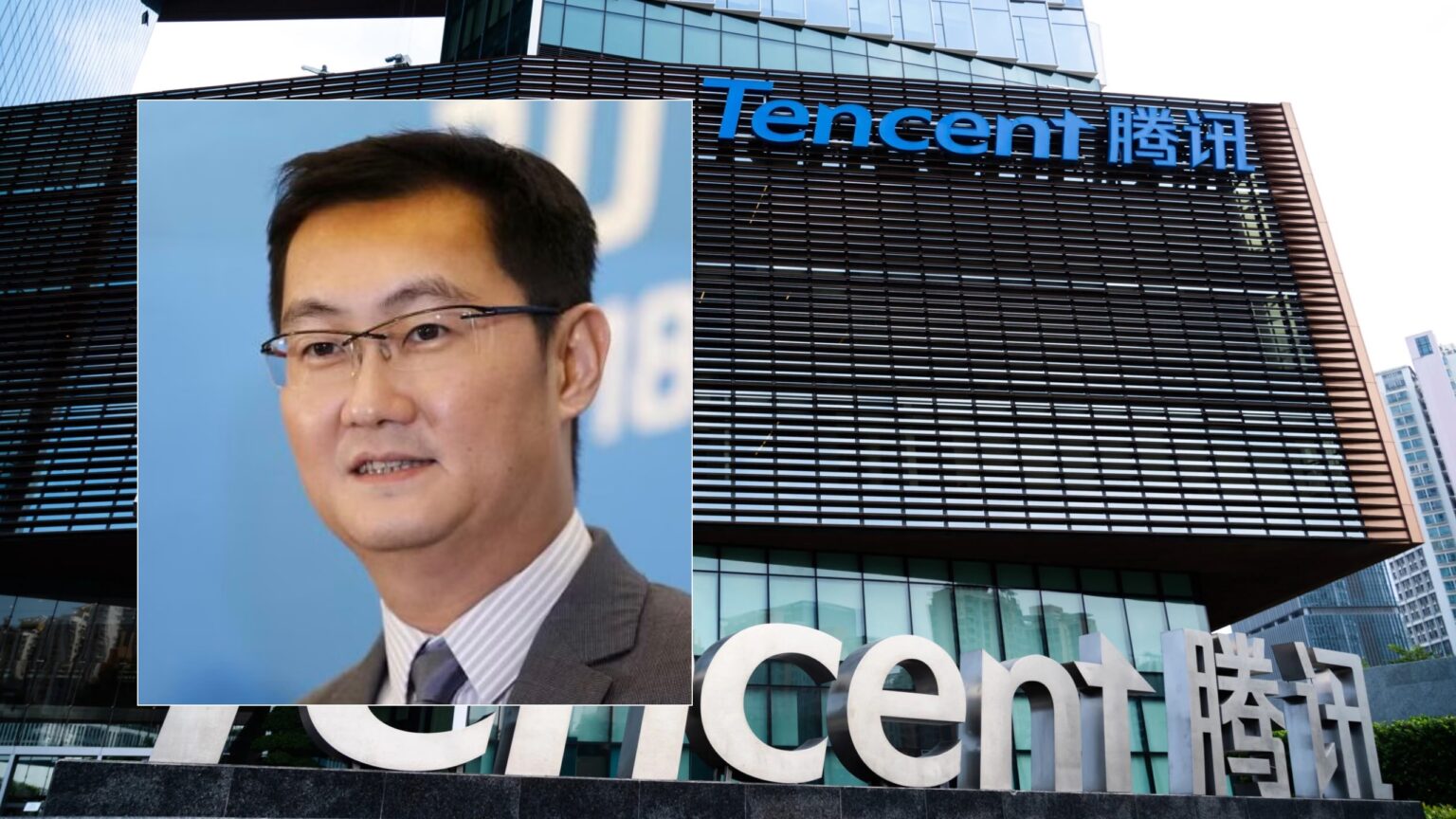The co-founder and CEO of Tencent, Pony Ma, has stated that while the company’s video gaming division faces fierce competition, it is making progress in artificial intelligence development.
Tencent, China’s most valuable firm, has hinted that it’ll follow its Silicon Valley counterparts in shifting its focus toward artificial intelligence (AI) projects in the future.
The announcement similarly coincides with the declining sales of the 25-year-old tech giant, which has historically generated about one-third of the company’s profits.
Tencent CEO says gaming business under stress, making strides in AI – report https://t.co/F00qOPnk26 pic.twitter.com/URE76Jdaxy
— Stocks tweets (@stocks_tweets) January 30, 2024
Times of Tencent
According to a report from The Verdict, the Chinese gaming sector made deals worth $16.9 billion in 2018. In 2020, deals dropped to $10.3 billion and were down to $158 million in 2023.
Tencent, however, the publisher of the global git games PUBG: Battlegrounds and Honor of Kings, saw gaming profits drop significantly.
On January 29th, Tencent’s CEO, Pony Ma, referred to gaming as the company’s flagship business. He, in addition, said this at an annual corporate event in China and cautioned that it had faced significant challenges in the past year.
Tencent's past hits such as “Honor of Kings” and “PUBG Mobile” continue to deliver strong revenue, but recent products are falling short of expectations. #Tencent #TencentGaming https://t.co/PqNp2nICPE
— Express Technology (@ExpressTechie) January 30, 2024
Chinese media confirmed Pony’s speech as it underlined Tencent’s struggle to keep its top position in China’s tech industry amid fierce competition and emerging technologies. Additionally, Pony expressed concern over Tencent’s recent gaming performance. He stated that newly launched games haven’t met expectations.
Other Chinese developers
Chinese developers like miHoYo and NetEase Inc. gained popularity with titles like “Genshin Impact” and “Eggy Party.” They overshadowed Tencent’s well-known hits like “Honor of Kings.”
Pony, in addition, noted that Tencent has made giant strides in artificial intelligence (AI), now keeping pace with leading companies. Pony also emphasized integrating Tencent’s “Hunyuan” AI model into various business aspects. This will enhance efficiency rather than rush AI into product development.
According to recent reports, China has approved over 40 AI models for public use in the past half-year. However, Pony does not foresee the emergence of significant AI-based applications in the next couple of years.
China approves over 40 AI models for public use in past six months
Chinese regulators granted approvals to a total of 14 large language models (LLM) for public use last week.
Marks 4th batch of approvals China has granted.#India #China #AI #TechNews pic.twitter.com/9RTyskg493— Sourav Chauhan (@sourav160820) January 29, 2024
Pony also focused on the potential of live-streaming e-commerce, seeking to develop WeChat, Tencent’s stable platform with a large user base and ecosystem, to find new growth channels like Douyin, the platform by ByteDance.
Significantly, Tencent invested about $890 million (6.42 billion yuan) to acquire over 70,601 square meters of land in Beijing’s Haidian district to provide centralized office space for its 12,000+ employees.
Artificial intelligence
As a result, Pony indicated the company’s intention to concentrate more on AI technologies in response to declining profits. While acknowledging that Tencent was not the leader in the AI industry at the moment, the CEO added that the company wasn’t lagging behind its competitors by much. He noted that they can finally follow the pace of the first-tier companies.
Additionally, the company’s AI aspirations might mostly depend on Hunyuan, a large language model positioned as a regional rival to OpenAI’s ChatGPT.
In September 2023, Tencent launched Hunyuan for enterprise use. It quickly rose to join Alibaba’s Tongyi Qianwen and Baidu’s Ernie Bot as the country’s most popular models.
Tencent releases AI model for businesses as competition in China heats uphttps://t.co/NPr1O5CmUy
— Prasad K. Patankar (@PrasadKPatanka1) September 7, 2023
China had set a 2030 target to be the global leader of AI before the emergence of ChatGPT. However, it’s uncertain if China’s goals are still attainable, given OpenAI’s current global market dominance and Nvidia’s position as hardware leader in the AI race.









 and then
and then